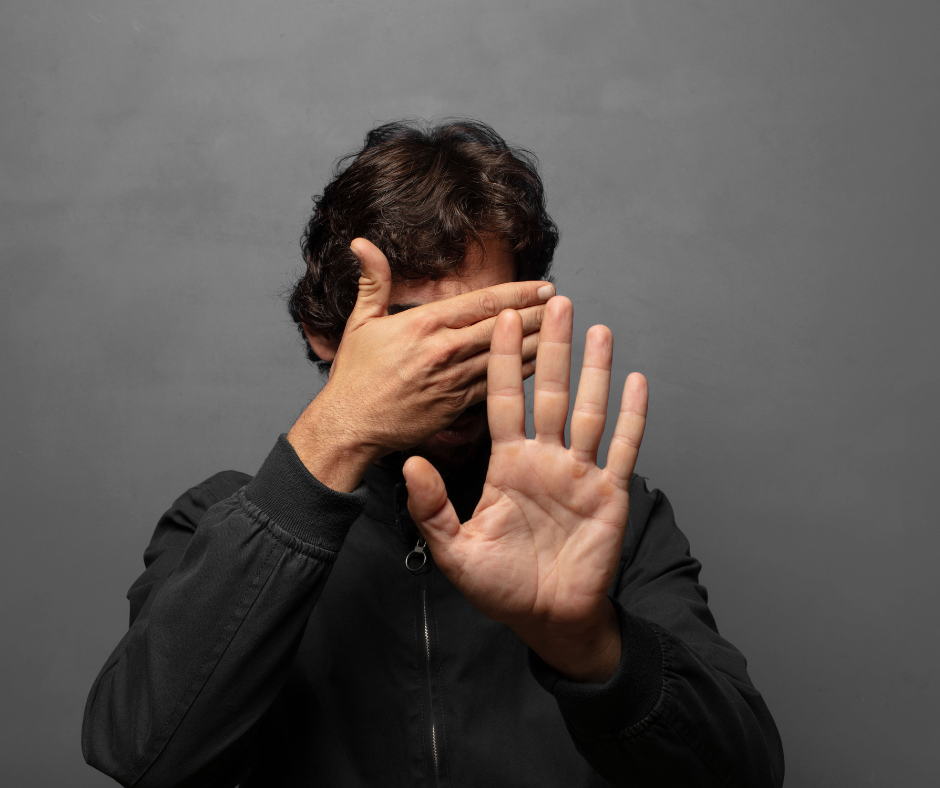
Travel is one of the most enriching experiences a human being can have — it opens minds, deepens empathy, and connects us with the beauty of the world. Yet, for many, the thought of traveling triggers deep anxiety, fear, or even panic. Whether it’s the fear of flying, fear of new environments, or simply the anxiety of losing control, these emotional barriers silently rob people of life’s greatest adventures. But here’s the truth: your fear of travel can be overcome — systematically, psychologically, and permanently.
This is not about ignoring your fears; it’s about understanding them. When you understand the root of fear, you gain the power to change it.
1. Acknowledge, Don’t Suppress Your Fear
The first step is awareness. Fear thrives in the dark, growing stronger when ignored. Instead, acknowledge your anxiety. Write down your travel-related fears — turbulence, unfamiliar food, getting lost, or illness. Awareness transforms fear from a monster in the dark to a challenge that can be faced with logic and courage.
Psychologists emphasize that naming your fear activates the rational part of your brain — the prefrontal cortex — which begins to weaken the hold of irrational fear patterns.
2. Gradual Exposure Therapy
One of the most effective psychological techniques for reducing fear is gradual exposure. Instead of avoiding travel altogether, start small. Take a short trip nearby. Visit an unfamiliar part of your city. Gradual exposure trains your brain that travel doesn’t equal danger — it equals growth. Over time, your comfort zone expands naturally, and anxiety decreases.
3. Cognitive Behavioral Reframing
Fear of travel often arises from distorted thinking — imagining worst-case scenarios, exaggerating risks, or underestimating your ability to handle situations. Through Cognitive Behavioral Therapy (CBT) techniques, you can reframe these thoughts.
Instead of thinking “What if something goes wrong?” replace it with “What if everything goes right?”
Instead of “I can’t handle this,” say “I’ve handled difficult things before — I’ll handle this too.”
This reprograms the brain’s automatic response from panic to preparedness.
4. Breathing and Mindfulness Techniques
The body’s fight-or-flight response can be calmed by mastering your breath. Slow, deep breathing signals your brain that you’re safe. Practicing mindfulness meditation before and during travel can significantly lower stress hormones and bring you back to the present moment — where fear loses its grip.
Every time anxiety arises, breathe in for four seconds, hold for four, exhale for six. Feel your body relax as your nervous system resets.
5. Visualization and Positive Conditioning
Visualization is not wishful thinking — it’s mental training. Close your eyes and visualize a smooth, joyful travel experience. See yourself walking through airports calmly, arriving at your destination confidently, and feeling the satisfaction of breaking free from fear.
When practiced consistently, your brain begins to associate travel with peace and possibility instead of panic and danger.
6. Empower Through Education
Fear often feeds on the unknown. Learn about the science of flight, safety procedures, or the culture of the place you plan to visit. The more informed you are, the more empowered you feel. Knowledge builds confidence, and confidence dissolves fear.
7. The Power of Support and Professional Help
If your fear feels too big to handle alone, seek professional guidance. Psychologists, travel coaches, or hypnotherapists can offer structured support tailored to your personal triggers. Sharing your fears openly with a professional or even a travel companion can turn your journey from isolation into transformation.
8. Reclaim Your Life: The Call to Action
Every day you postpone travel out of fear, you postpone life itself. The world is vast, beautiful, and waiting for you to step beyond the comfort zone of fear. You deserve to experience sunsets in foreign lands, to hear languages that move your soul, and to grow through journeys that challenge and change you.
Your next chapter begins the moment you decide to stop letting fear dictate your freedom.
Don’t wait for courage — create it. Start now.
In conclusion:
Travel fear is not a life sentence. It’s a habit of thought, a pattern that can be rewired. With the right psychological tools, mindful practice, and small steps forward, anyone can turn fear into freedom. The world belongs to those who dare to see it.

Leave a Reply